Hazelnut Growers of Oregon is starting up its large Napasol Pasteurization line this week, effectively bringing in house a state-of-the-art process to eliminate any potential foodborne pathogens. The performance of the Napasol process is validated for a 5-log kill on Salmonella and other pathogens on hazelnuts and other nuts and seeds.
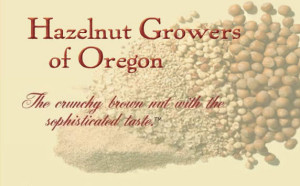 Oregon is the largest producer of Hazelnuts in the U.S. In business since 1984, the 150 growers that are members of the Hazelnut Growers of Oregon cooperative cultivate 10,000 acres of prime hazelnut orchards in the Willamette Valley. The region’s gentle climate and abundant rainfall grows trees that produce large nuts of exquisite flavor and freshness. Westnut, their industrial ingredients division, is the largest processor and marketer of hazelnuts in North America. Hazelnuts are processed in the Cornelius facility which handles 25 million lbs. of in-shell hazelnuts and 5 million lbs. of hazelnut kernels.
Oregon is the largest producer of Hazelnuts in the U.S. In business since 1984, the 150 growers that are members of the Hazelnut Growers of Oregon cooperative cultivate 10,000 acres of prime hazelnut orchards in the Willamette Valley. The region’s gentle climate and abundant rainfall grows trees that produce large nuts of exquisite flavor and freshness. Westnut, their industrial ingredients division, is the largest processor and marketer of hazelnuts in North America. Hazelnuts are processed in the Cornelius facility which handles 25 million lbs. of in-shell hazelnuts and 5 million lbs. of hazelnut kernels.
Pathogens such as Salmonella have been involved in foodborne illnesses and product recalls in several kinds of nuts including Hazelnuts. Jeff Fox, President of Hazelnut Growers of Oregon, points out that “the number of samples from the field that test positive warrants this investment to protect the interest of their growers and the commercial development of the cooperative” adding that “whole industry sectors are taking proactive measures to protect their markets, for example mandatory pasteurization of almonds has been in place since 2007.”
Napasol offers an ideal solution, because nuts are treated at relatively low temperatures and the saturated steam is dry, the process preserves the sensory attributes of the raw nuts while delivering the most effective microbial reduction on the market. The process is validated for the pasteurization of a wide range of nuts including hazelnuts, almonds, walnuts, pistachios, cashews, macadamias, and Brazil nuts.
“There is a clear trend in the industry for a demand for pasteurization of nuts, for example for pistachios and walnuts, two other large US crops involved in recalls” says Dieter Kundig CEO of Napasol. He adds “This investment gives a unique advantage to Hazelnut Growers of Oregon and also anticipates regulatory measures that will affect the entire nut industry with the implementation of the Food Safety Modernization Act and with the outcome of FDA’s ongoing tree nut risk assessment.”

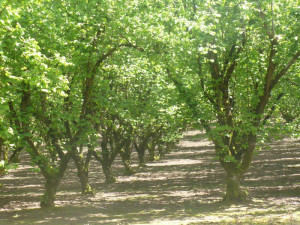
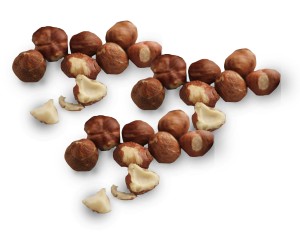
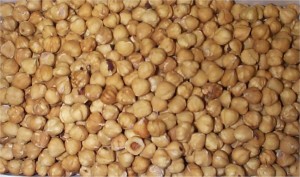
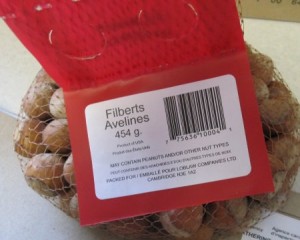

(1).jpg) decision whether to turn over supplier lists is ultimately up to handlers, adding, "We’re not going to try to tell any industry packer what they need to do.”
decision whether to turn over supplier lists is ultimately up to handlers, adding, "We’re not going to try to tell any industry packer what they need to do.” coli outbreak, he said.
coli outbreak, he said.
 known as filberts) purchased from bulk bins at retail food stores. Three cases have been identified in Minnesota, three in Wisconsin, and one in Michigan.
known as filberts) purchased from bulk bins at retail food stores. Three cases have been identified in Minnesota, three in Wisconsin, and one in Michigan.